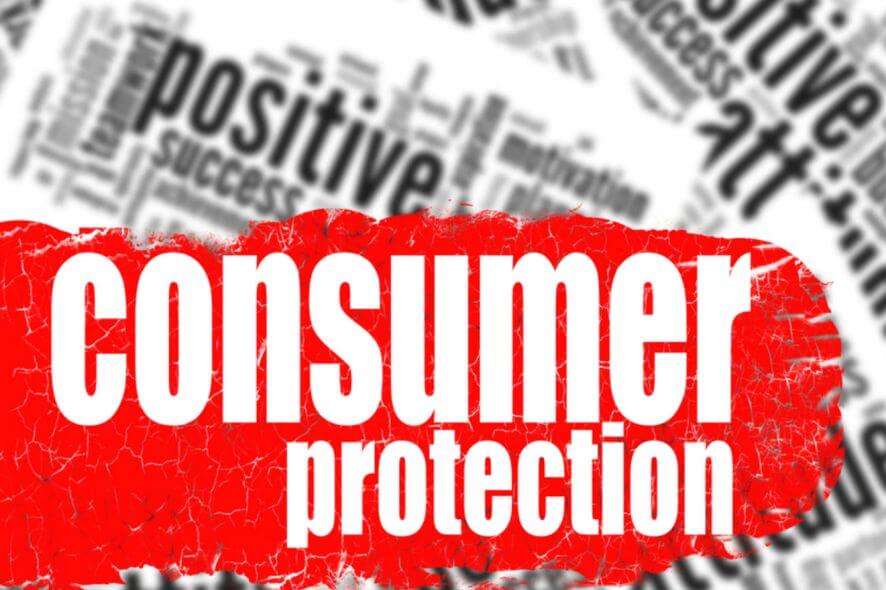INTRODUCTION
Welcome to the official blog of the Law Offices of Kr. Vivek Tanwar Advocate and Associates, where we are dedicated to providing litigation support services for matters related to Consumer Protection Act. In today’s blog post, we aim to shed light on the prevailing issues surrounding consumer behaviour, the legal framework in place for their protection, and the steps we can take as a society to combat these heinous acts. Join us as we explore this critical subject and empower you with the knowledge to protect your rights and safety.
WHAT IS PRODUCT LIABILITY
Product liability refers to the legal responsibility of manufacturers, distributors, suppliers, or sellers for injuries or damages caused by defective products. The analysis of a product liability action under the Consumer Protection Act would involve assessing the key elements required to establish a claim and the potential remedies available to the consumer.
- Defective Product: To initiate a product liability action, the consumer must demonstrate that the product is defective. The Consumer Protection Act typically recognizes three types of defects:
- a. Manufacturing Defects: These occur when a product deviates from its intended design due to an error or flaw during the manufacturing process.
- b. Design Defects: These refer to inherent flaws in the product’s design that make it unreasonably dangerous or unfit for its intended purpose.
- c. Marketing Defects: These involve inadequate warnings, improper labelling, or insufficient instructions, which fail to alert consumers to potential risks associated with the product’s use.
- Consumer: The person bringing the product liability claim must be a consumer as defined by the Consumer Protection Act. The definition may vary depending on the jurisdiction but generally includes individuals who purchase or use products for personal, household, or family purposes.
- Injury or Damage: The consumer must have suffered some form of injury or damage as a result of the defective product. This can include physical injuries, property damage, economic loss, or emotional distress caused by the product’s defect.
- Causation: The consumer needs to establish a causal link between the defect in the product and the injuries or damages suffered. It must be shown that the defect directly caused or substantially contributed to the harm suffered.
REMEDIES UNDER CONSUMER PROTECTION ACT
Remedies available under the Consumer Protection Act may include:
- Replacement or repair of the defective product.
- Refund of the purchase price or compensation for economic loss.
- Compensation for physical injuries, medical expenses, and pain and suffering.
- Injunctions to prevent further sale or distribution of the defective product.
- Punitive damages in cases of gross negligence or intentional misconduct.
CONCLUSION
It’s important to note that the specific requirements and remedies may vary depending on the jurisdiction and the provisions of the Consumer Protection Act in that particular jurisdiction. Consulting with a lawyer who specializes in consumer protection or product liability would be advisable to understand the specific legal framework and requirements applicable to your case.
We are a law firm in the name and style of Law Offices of Kr. Vivek Tanwar Advocate and Associates at Gurugram and Rewari. We are providing litigation support services for matters related to Consumer laws. We have a website on which we publish blogs informing the litigants about the said laws. Draft a blog which can be published on our website…..
Written by: Adv. Priyanka Goel (D/945/2020).

